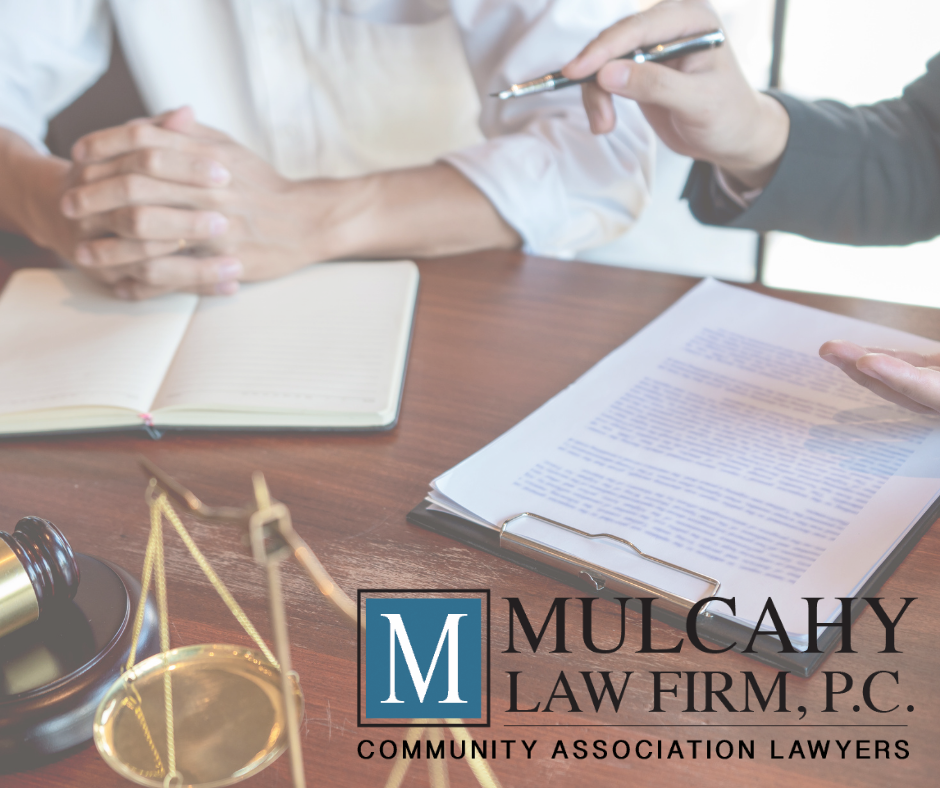Hatfields vs. McCoys: Does our Board Have to get involved in feuds between neighbors in our HOA/Condo?
Short answer: It depends. Sorry to be vague, but, each situation between feuding neighbors needs to be carefully evaluated in light of some recent changes to Fair Housing laws.
In 2016, Fair Housing laws were amended to document a community association’s potential liability for harassment on the basis of race, color, religion, national origin, sex, familial status and disability (collectively “Protected Classes”) in three instances: (1) quid pro quo harassment; (2) hostile environment harassment; and (3) third party harassment. Quid pro quo harassment and hostile environment harassment are forms of direct harassment by a community association board member, officer, employee, manager, etc. The portions of the amendments regarding quid pro quo and hostile environment harassment essentially formalize what was already likely actionable conduct.
The more important portion of the amendment relates to third party harassment, which requires the board to proactively investigate and take action to prohibit harassment by a third party. Pursuant to 24 CFR Section 100.7(iii), a community association can be held “directly liable for… [f]ailing to take prompt action to correct and end a discriminatory housing practice by a third-party, where the person knew or should have known of the discriminatory conduct and had the power to correct it. The power to take prompt action to correct and end a discriminatory housing practice by a third-party depends upon the extent of the person‘s control or any other legal responsibility the person may have with respect to the conduct of such third-party.”
Here is how this affects HOAs and condos… Many issues, which may have previously been considered “neighbor to neighbor” disputes, will now require proactive action by the board of directors if (a) discrimination/harassment is based on a Protected Class, as defined above; (b) the board knew or should have known of the conduct; and (c) the board has the power to correct the conduct. Whether the discrimination/harassment is based on a Protected Class will depend upon the factual circumstances surrounding the matter. Whether the board “knew” of the conduct will typically depend upon whether it is reported to or observed by the board (it is less clear under what circumstances a board “should have known” of the conduct). Whether the board has the power to correct the conduct will typically depend upon whether the conduct is, or could be interpreted as, a violation of the Governing Documents. Since the board has the authority to enforce the Governing Documents, if the conduct violates the Governing Documents, then the board will likely be considered to have the power to correct the conduct.
Bottom line… If you have two owners fighting, it is a good time to check in with Mulcahy Law Firm, P.C. to discuss the issues and to look at provisions in your documents to determine if the board needs to intervene or at a minimum create a paper trail to protect the association from liability.
We are here to help! If you have questions about the Fair Housing Act, disagreements between owners and whether or not the board needs to intervene, please contact Beth Mulcahy, Esq. at bmulcahy@mulcahylawfirm.com.

